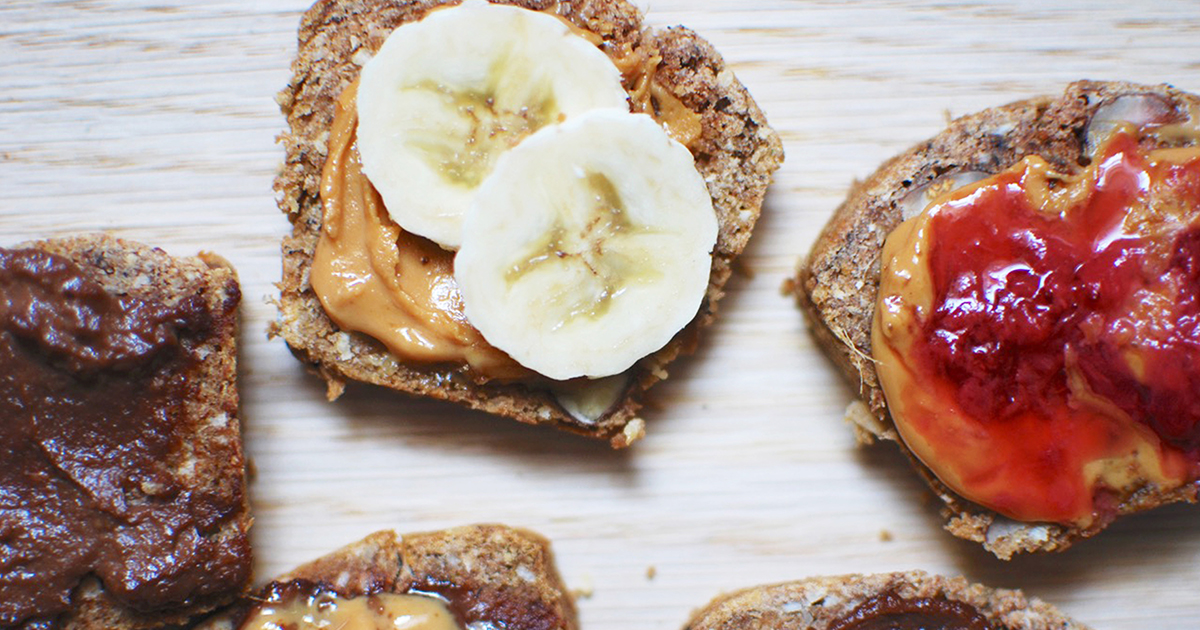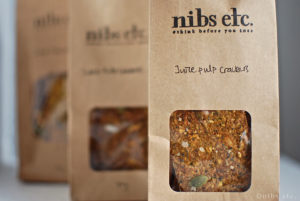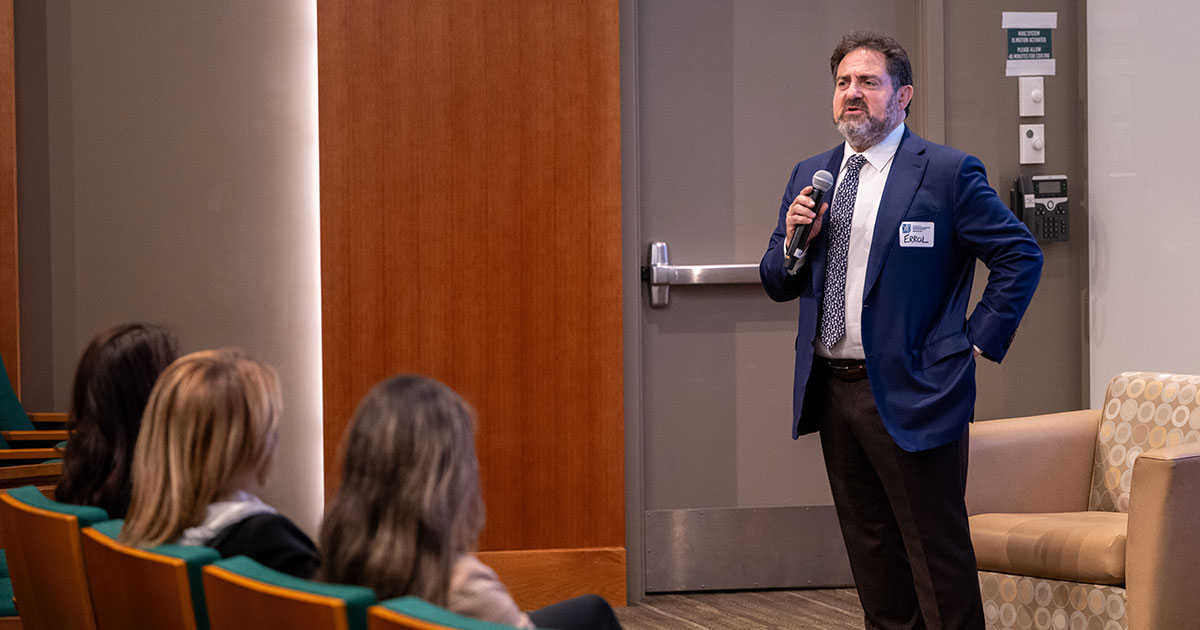Turning Leftovers into Bestovers

To WWOOF or not to WWOOF?
That’s the question emblazoned atop a post on nibsetc.com, a blog run by food entrepreneur Chloë Stewart.
WWOOF refers to World Wide Opportunities on Organic Farms, a movement linking volunteers with organic farmers and growers to promote cultural and educational experiences and build a sustainable, global community. Volunteer WWOOFers live alongside hosts, help with daily tasks, and experience life as a farmer.
For Stewart, the question was just as it seems: should she spend a month WWOOFing? She’d already earned her undergraduate degree from Babson College, spent a year working in the San Francisco Bay Area at a craft chocolate manufacturer, returned to her native Europe, and spent some time traveling. Why not dedicate a month to life on an organic farm?
So WWOOFing she went. For one month, she worked in the kitchen of an agriturismo on an organic farm in Cancellara, a town and commune in the southern Italian region of Basilicata. Along the way, she learned to mill stone-ground flour; to make bread, cheese, ragu, and sausage; and much more.
One lesson particularly resonated with her: the idea of using one animal—the maiale nero (black pig)—for everything from home-cured meat to soap. As Stewart wrote on her blog: “The lady of the house would often say, ‘non si butta via niente del maiale nero’—one doesn’t throw away anything of the black pig.”
The beauty of farm-to-fork living and the sustainable, no-waste ways of her Italian hosts pushed Stewart to turn her lifelong obsession with food—and her own desire to live a waste free life—into something more. She’d already been stewing over the idea of blogging for months; WWOOFing and the urging of family and friends was the push she needed to make it happen. So she started nibs etc.
La Cucina Degli Avanzi: Cuisine of Leftovers
It’s safe to call the nibs etc. blog a humble beginning. Today, nibs etc. has evolved into a food enterprise and a platform for Stewart to fight food waste and inspire others to do the same in the form of popups, supper clubs, and collaborations. To do this, she’s creating bestovers, what Stewart calls “upcycled” leftovers. And she’s doing it with juice pulp.
The seed was planted in her brain while she was still a student at Babson. She attended a Community Table, a hub for food entrepreneurs and curious eaters to connect, share ideas, and support one another’s work, hosted by the College’s Food Sol, an action tank for food Entrepreneurship of All Kinds®. The speaker, Lauri Meizler, founder of JOOS, brought muffins made from the company’s juice pulp, which inspired Stewart several years later to try something similar.
“A few years ago, I was looking at a bag of pulp going into the trash bin and asking if I could take it,” said Stewart. From the pulp, she created granola bars, crackers, brownies, banana bread, veggie burgers, kofte—nutrient-rich snacks made from food that would have otherwise been tossed away. Snacks are sold pop-up style at locations around London and will soon make their debut at the Borough Market, the city’s oldest food market.
“There’s nothing else like it on the market,” said Stewart. “Plenty of people make granola, crackers, and snacks, but no one uses juice pulp.”

That uniqueness—coupled, of course, with the taste of her pulp-snacks—has earned Stewart her fair share of acclaim. In September 2017, she was named Young Entrepreneur of the Year by Cotswold Fayre, a U.K.-based fine food wholesaler. Later that month, she won a WeWork London Creator Award. And she was shortlisted for the Speciality Food New Producer Awards in the innovator category. While she’s thankful for the recognition (“It’s easy to get caught in my bubble with my head down, working. It’s so rewarding to see all the little things I’ve done amount to something quite cool.”), she’s appreciative of the opportunities it brings—office space, mentorship, and funding needed to take nibs etc. to the next level and tackle some of her biggest business challenges.
Her mentor, Paul Hargreaves, chief executive of Cotswold Fayre, recognized the challenges—but also the potential. “It’s a very innovative product which will have its challenges compared to some other products we’ve worked with. It’s always more challenging if a product is truly innovative,” he told Speciality Food Magazine, adding: “the product itself is absolutely fantastic.”
For now, Stewart is focused on running “full speed ahead,” starting with her biggest obstacle: production. To scale, she’s searching for a manufacturer that uses sustainable business practices. She’d also like to start growing a nibs etc. team. “It’s a social mission. I’d much rather be doing this with a group of people.”
Think Before You Toss
As Stewart builds on nibs etc.’s momentum to take her pulp products to more retailers, she’s continuing to promote sustainable, waste-free living in other ways. She shares bestover recipe inspiration on the nibs etc. blog—everything from beet pulp goulash to pizza dough (a perfect vehicle for using street-food leftovers)—does pulp cooking demos, and continues to encourage others to upcycle their food.
One of her big messages: think before you toss. Make one big meal at the beginning of the week, and find creative ways to reimagine it every day. Oh, and that stale bread that’s been left on the counter too long? It’s got potential, folks.
“Bread is thrown away so often; some 24 million slices are thrown away every day in the U.K.,” she said. “But there’s so much you can do with stale bread—turn it into bread pudding, both sweet and savory, panzanella salad, bread crumbs. Or stop it from going stale by freezing it.”
So much food waste can be prevented with a freezer, she said. “The freezer is your best friend. I wish it was the size of a refrigerator.” Stewart suggests freezing fruit and vegetable peels, stems, and stalks to make stock. She also freezes juicing pulp to flavor those stocks, or make veggie meatballs or burgers.
In short, a lesson from Stewart’s beginnings as a WWOOFer to her role as founder of nibs etc.: “Don’t be afraid to experiment with your leftovers. Eat it all, eat balanced, eat curiously, and eat to waste less.”
All images provided by Chloë Stewart, copyright nibs etc.



